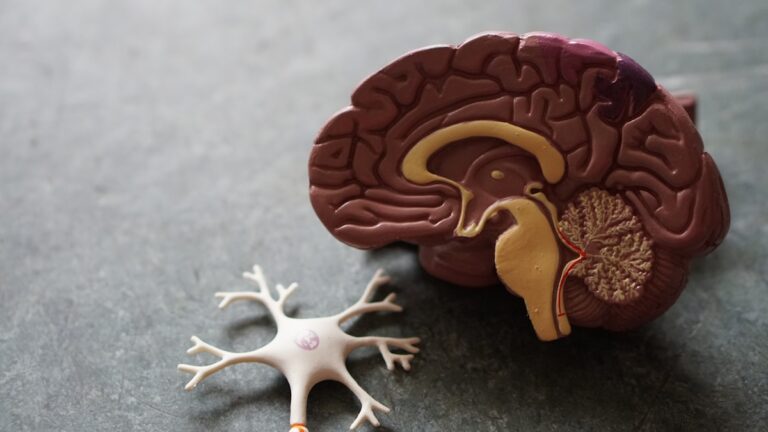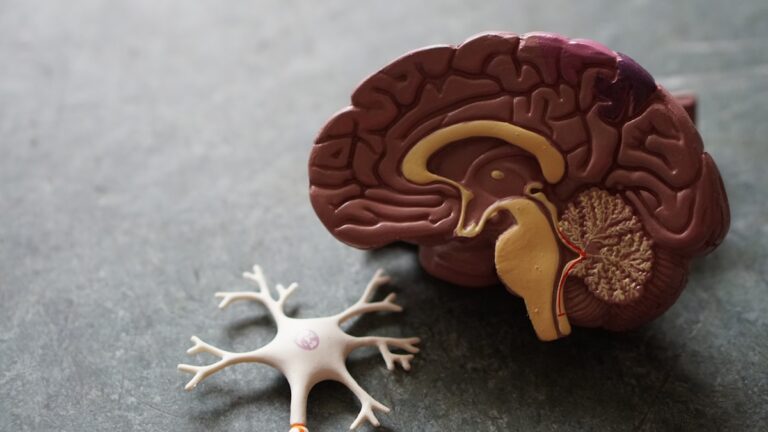Omega-3 fatty acids have gained widespread attention in recent years for their numerous health benefits, particularly their role in brain health. These essential fatty acids are not produced by the body and must be obtained through diet or supplements. They are primarily found in fish, such as salmon and sardines, as well as in plant sources like flaxseeds and walnuts.
But what exactly is the role of omega-3 fatty acids in brain health? And why are they considered essential for our cognitive function?
To answer these questions, it’s important to understand the different types of omega-3 fatty acids and how they work in the body. There are three main types of omega-3s: alpha-linolenic acid (ALA), eicosapentaenoic acid (EPA), and docosahexaenoic acid (DHA). ALA is primarily found in plant sources, while EPA and DHA are mainly found in fish.
EPA and DHA, in particular, play a crucial role in brain health. They are important structural components of cell membranes in the brain and help with the transmission of signals between brain cells. In fact, it is estimated that DHA makes up about 25% of all the fat in neurons, making it a vital nutrient for optimal brain function.
One of the key ways that omega-3s benefit the brain is by reducing inflammation. Chronic inflammation has been linked to various neurological disorders, such as Alzheimer’s disease, multiple sclerosis, and Parkinson’s disease. EPA and DHA have been found to decrease inflammation in the brain, which can help protect against these conditions.
Moreover, research has shown that omega-3s can improve cognitive function and reduce the risk of age-related cognitive decline. A study published in the Journal of Alzheimer’s Disease found that older adults with higher levels of DHA in their blood had better cognitive function and a lower risk of dementia.
In addition to their role in brain health, omega-3s have also been linked to improved mood and mental well-being. Studies have shown that people who consume more EPA and DHA are less likely to experience symptoms of depression and anxiety. It is believed that this is due to their ability to regulate neurotransmitters, such as serotonin and dopamine, which play a role in mood regulation.
But how much omega-3s do we need for optimal brain health? The American Heart Association recommends consuming at least two servings of fatty fish per week, which provides about 250-500 mg of combined EPA and DHA. For those who do not eat fish or have trouble getting enough omega-3s through their diet, supplementing with fish oil capsules can be an effective alternative.
It’s also important to note that not all omega-3 supplements are created equal. When choosing a supplement, look for one that has been independently tested and certified for purity and potency by a third-party organization, such as the International Fish Oil Standards (IFOS).
It’s worth mentioning that while omega-3s are essential for brain health, they are not a magical cure-all. A healthy diet, regular exercise, and good sleep habits are all important for maintaining cognitive function and overall well-being.
In conclusion, omega-3 fatty acids play a critical role in brain health and have been linked to improved cognitive function, reduced risk of neurological disorders, and better mood. Incorporating a variety of sources of omega-3s into our diet can have significant benefits for our brain and overall health. So next time you’re planning your meals, make sure to include some fish or plant sources of omega-3s for a boost in brain power.





